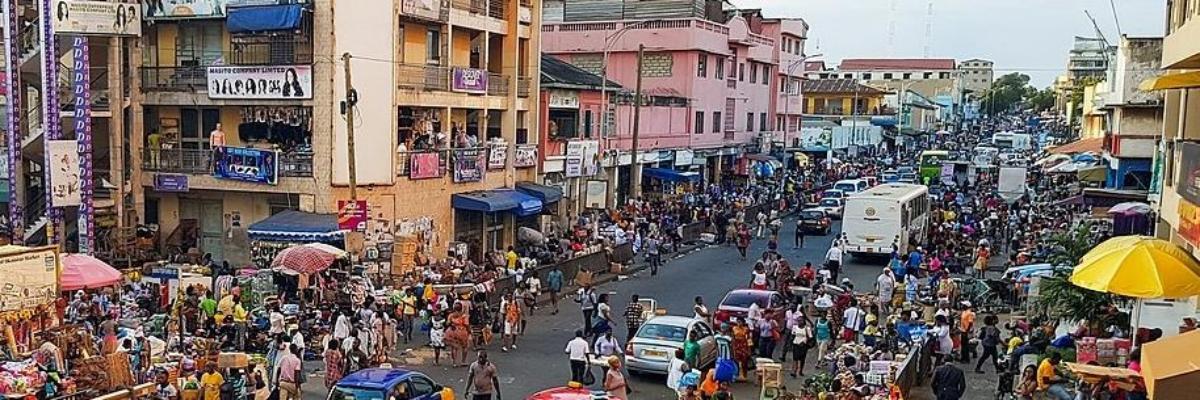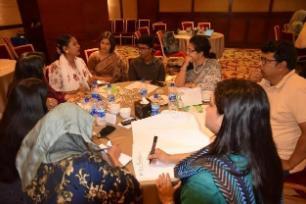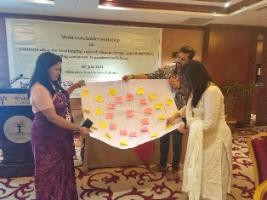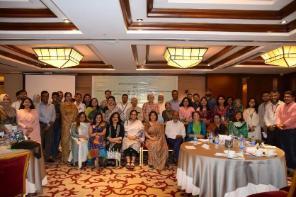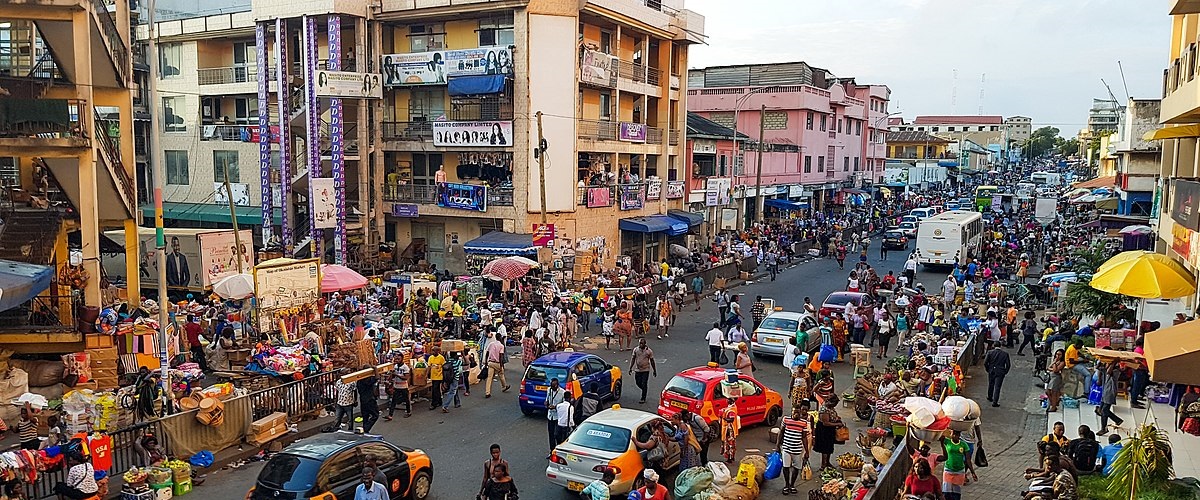
Urbanisation and Health Network
The University of York with its long history of multi-disciplinary collaboration has a vital role to play in strengthening the evidence of how urbanisation impacts on health and what works in improving health and wellbeing in urban areas. The Urbanisation and Health Network builds connections among researchers from health, arts and humanities and the natural, physical and environmental sciences.
We seek ways to inspire and stimulate researchers to develop novel approaches drawing on the multiple perspectives and methods from across the disciplines. Our focus is on understanding the impacts of urbanisation on health and well-being and developing and testing approaches to improve health and well-being in urban areas in low and lower-middle-income countries, and poor neighbourhoods in high-income countries.
Click here to watch our recent webinar with Anika Haque.
Our aims are to:

